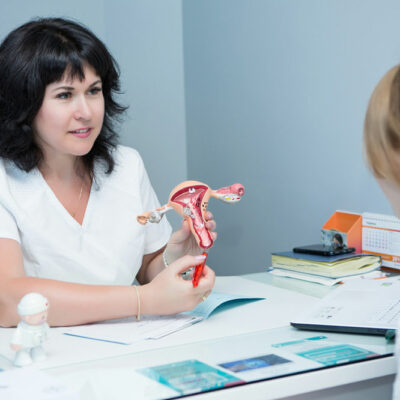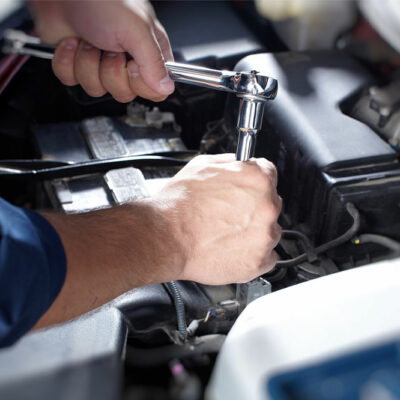
6 common breathing mistakes to avoid for healthy lungs
Healthy breathing is a sign of a healthy heart and lungs. Conversely, troubles with breathing, including shortness of breath, chest tightness, and noisy breathing, often signify underlying respiratory and lung problems like asthma, lung infection, and pulmonary edema. Proper breathing from an early age can help reduce the risk of developing such conditions and promote overall physical and mental well-being. Here’s an insight into some common breathing mistakes one must avoid to ensure respiratory health. Breathing through the mouth One of the most common breathing mistakes is to breathe from one’s mouth. According to research, 30-50% of adults breathe through their mouth, particularly during early morning. The nostrils are more adept in filtering out allergens and toxins compared to the mouth. So, breathing through the mouth may cause toxins to accumulate in the lungs and eventually lead to lung diseases. Moreover, breathing through the mouth may lead to drying of the mouth, which can increase one’s risk of developing asthma. Thus, one must consciously try to breathe through one’s nose to avoid such consequences. Not practicing deep breathing Deep breathing entails a wide range of benefits, including better immunity, lowered blood pressure, better posture, and body detoxification. It also helps increase oxygen levels and enhance the functioning of the diaphragm.
Read Article 









